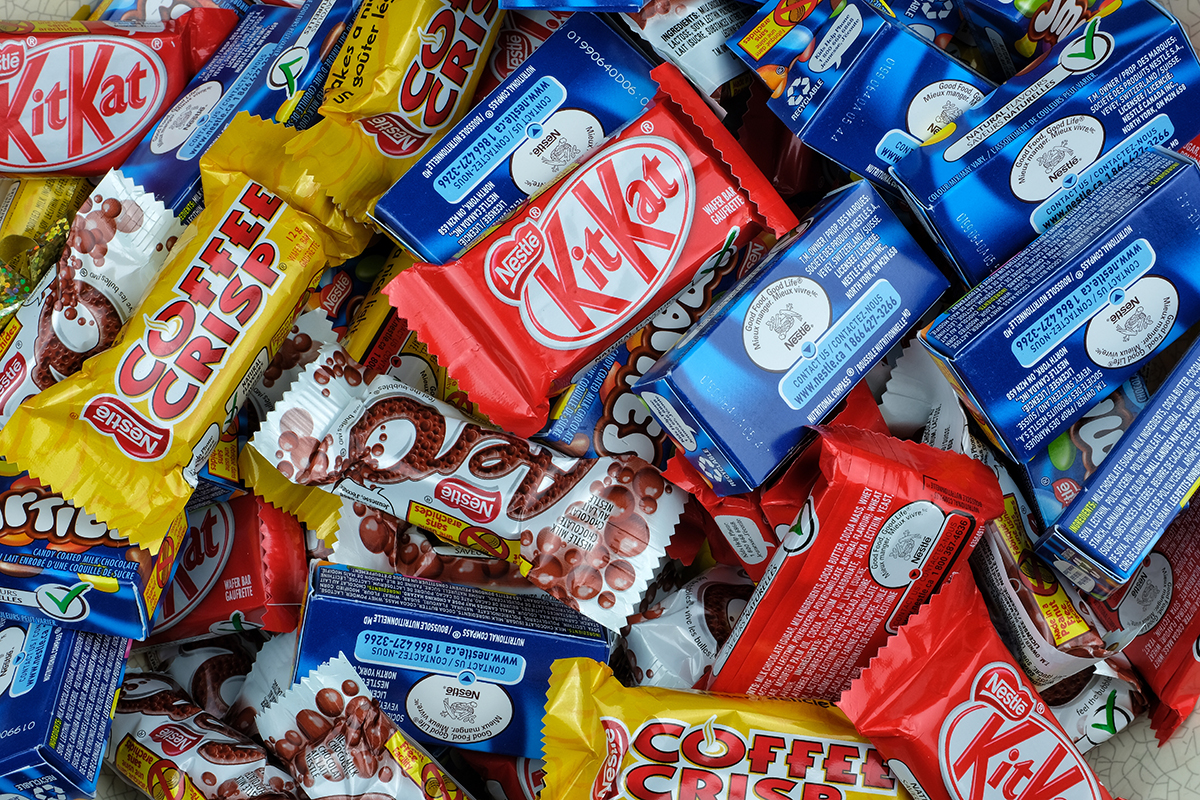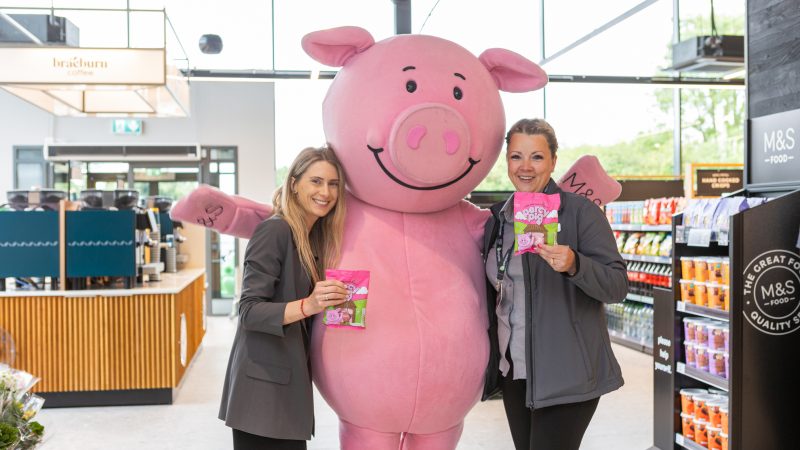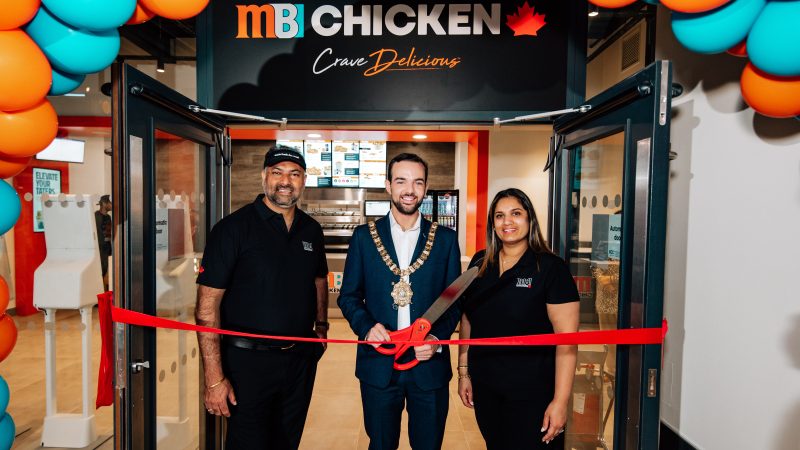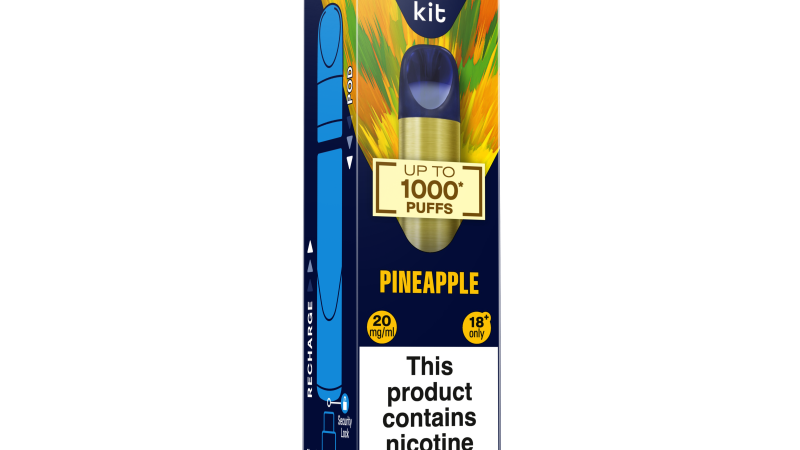Nestle closes Newcastle-upon-Tyne Factory

The announcement of the closure of Nestlé’s 63-year-old factory in Fawdon, near Newcastle upon Tyne, will see up to 600 redundancies – despite the fact that the company has celebrated three successive years of strong profits. Questions will be asked about how this ties into the impact of the pandemic and Brexit, and whether this is a sign of things to come in the industry.
Nestlé says it wants to concentrate on its biggest brands, with the modernisation of its York and Halifax sites allowing it to produce 500,000 more Kit Kat products a day, according to a report by The Grocer.
It appears there are no immediate plans to rationalise the range and cut other, less successful lines, the future of many of the 200 products currently produced at the factory is uncertain.
The Fawdon factory produces many of what Nestlé calls its “smaller, low-growth brands”, such as Rolo, Munchies and Fruit Pastilles. Production will now be split between Halifax and other European sites. These popular lines will continue, the closure of Fawdon could signal the prioritisation of fewer, but bigger, brands by the corporate giant.
Nestlé’s three fastest-growing brands in 2020 were Aero, Kit Kat and Smarties. They shot up £22.8m, £14.1m and £7.6m respectively [NielsenIQ, 52 w/e 26 December 2020].
Other smaller brands like Lion, Quality Street, Yorkie and Dairy Box saw a slump in sales. Nestlé has concentrated innovation efforts on the big-hitters. In the past year, the vegan Kit-Kat has been launched – KitKat V. A dark chocolate version of Aero also appeals to the vegan market, as Nestle explores new customer trends.
Many of these big brand names are part of the public consciousness – Rolos, Munchies, Fruit Pastilles, Fruit Gums and Matchmakers are all much loved brands, although they are not as high-profile as the Kit Kat.
While the 600 UK jobs under threat, many will also be hoping Nestlé doesn’t focus on big brands to the detriment of its smaller lines. Meanwhile in Ireland, Nestle appears to be continuing to flourish, with no indication of any change (at the time of writing).








